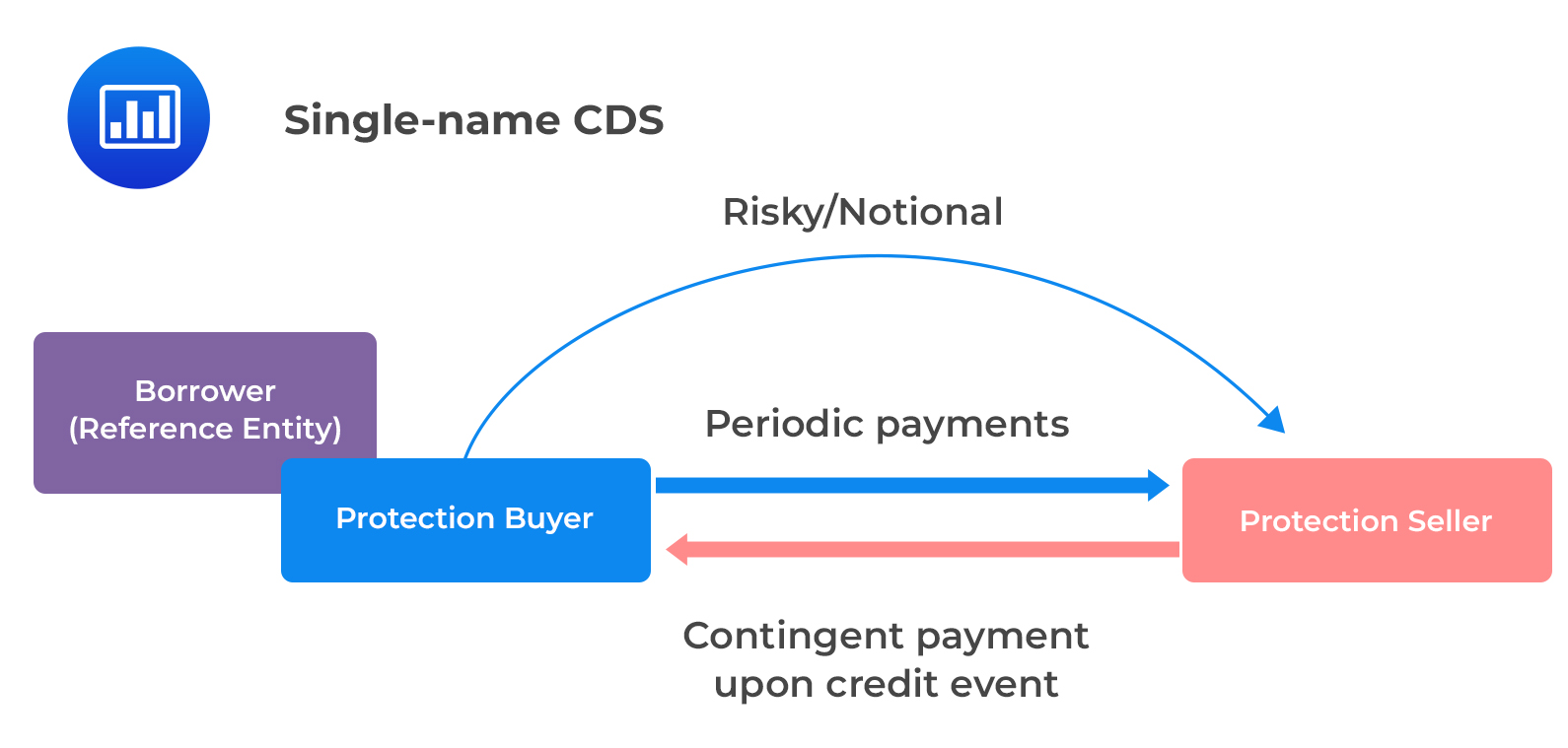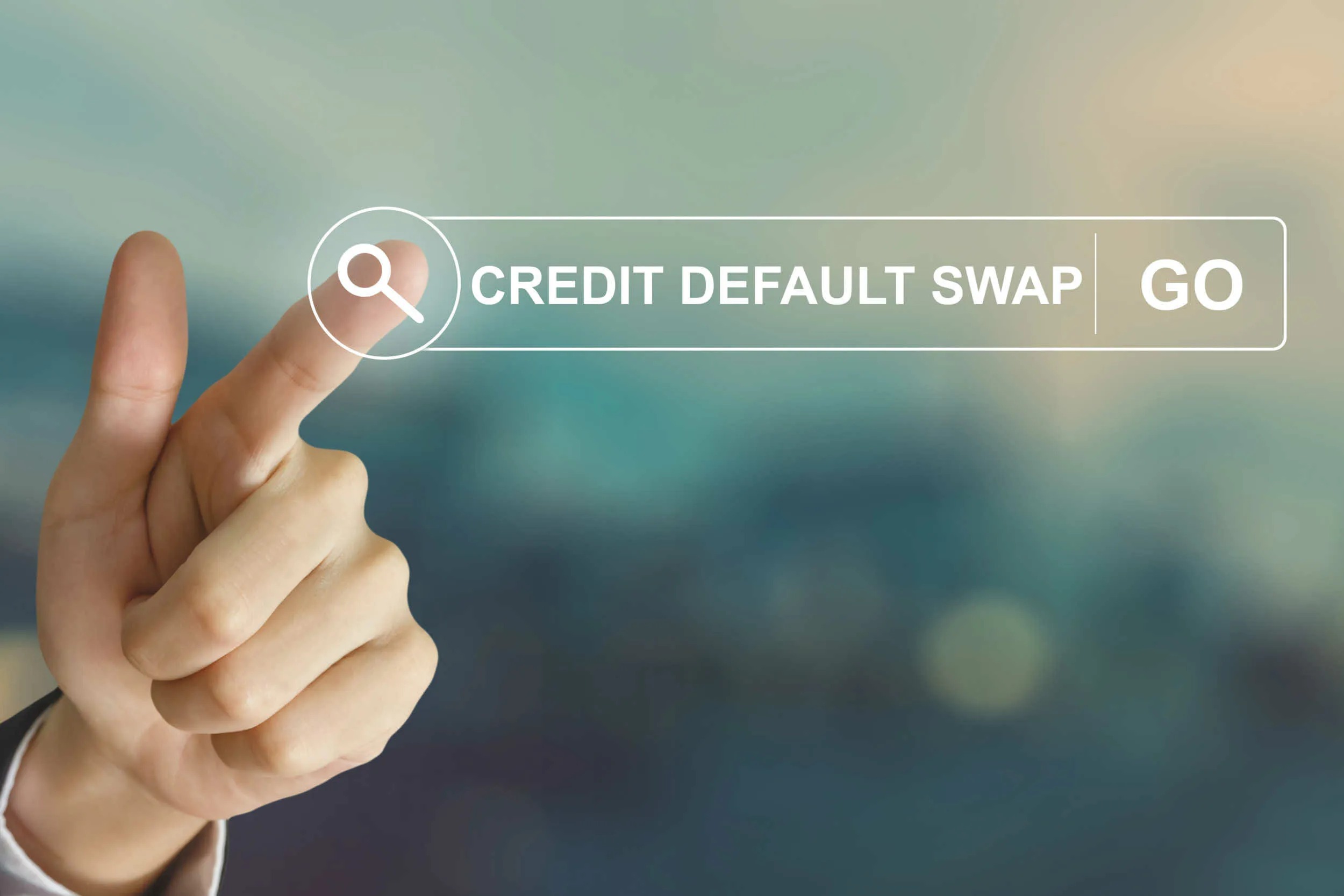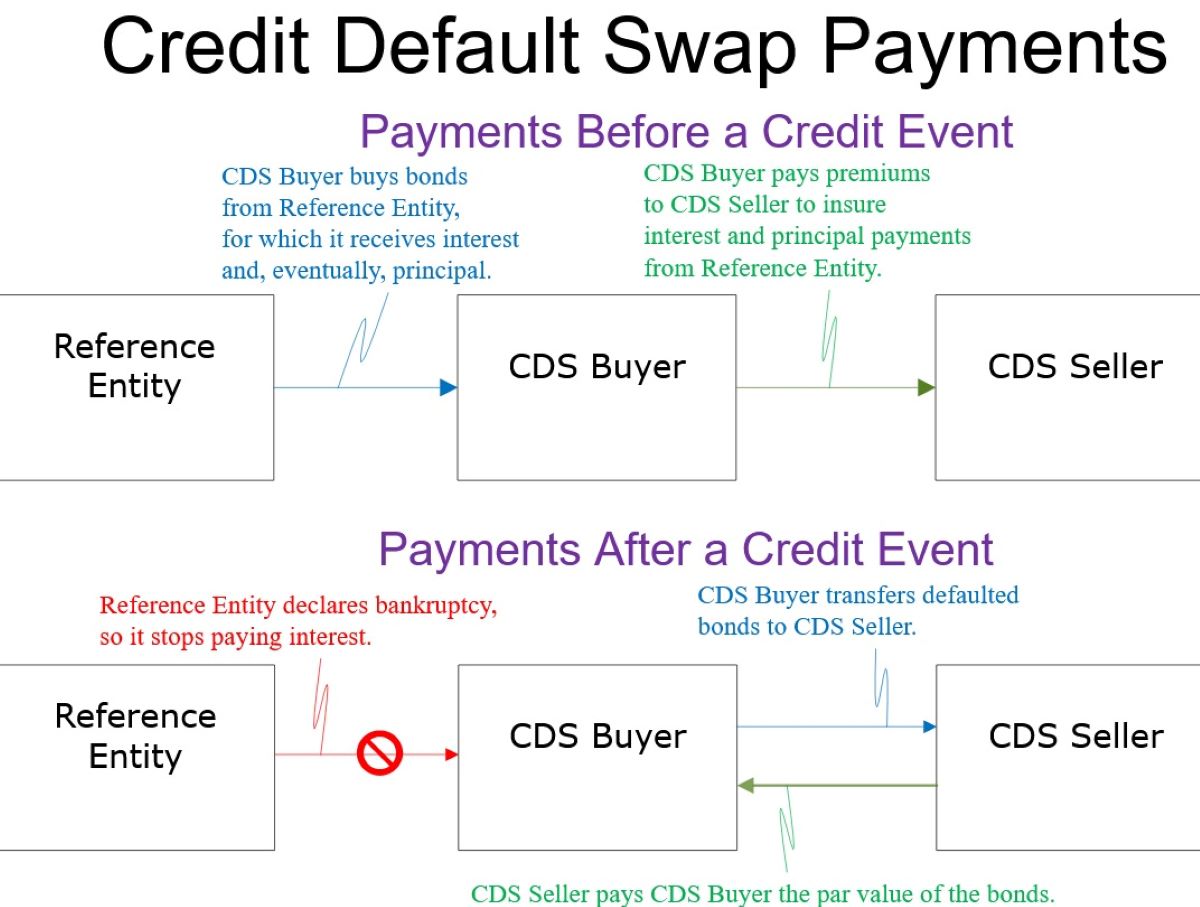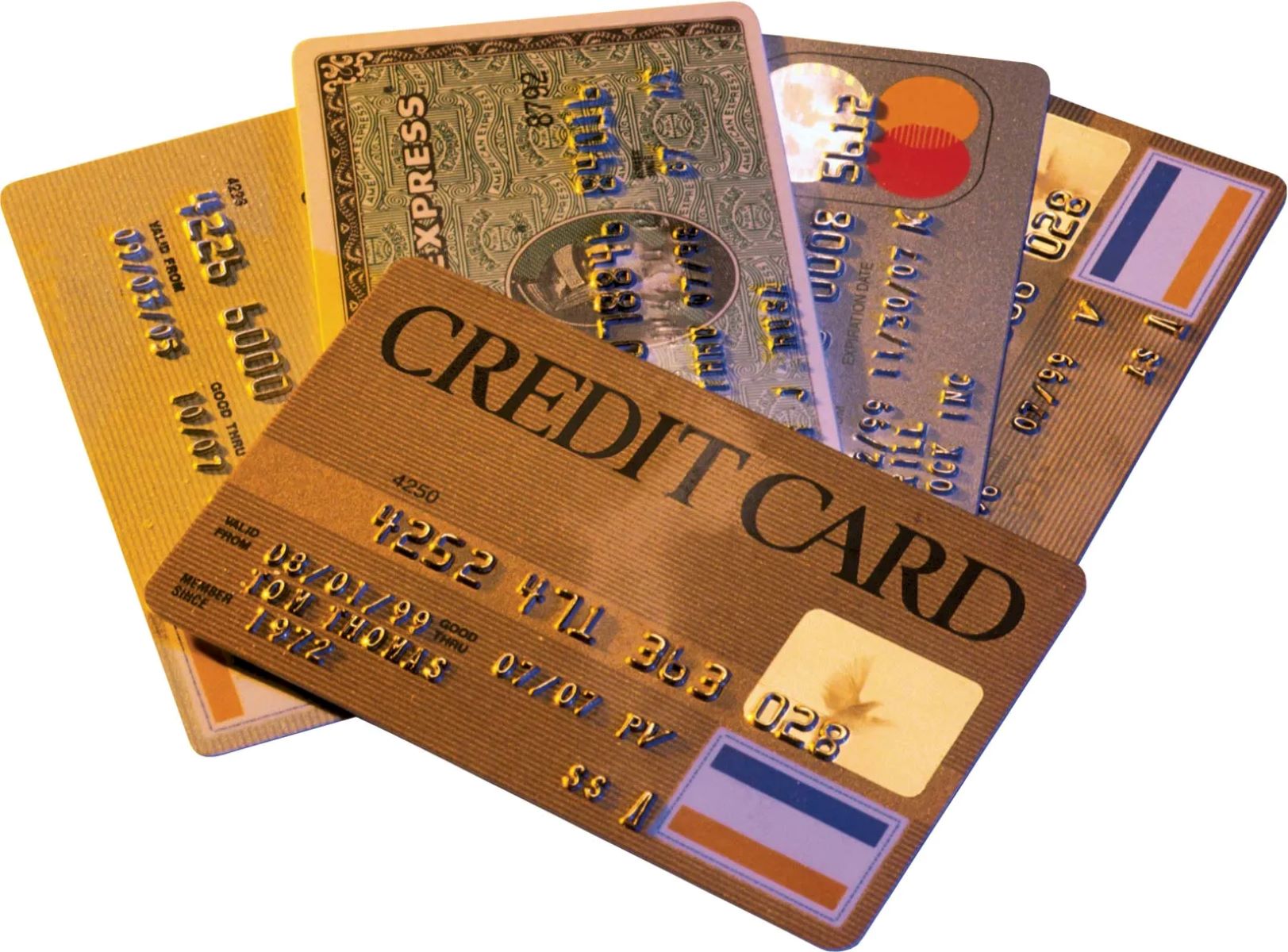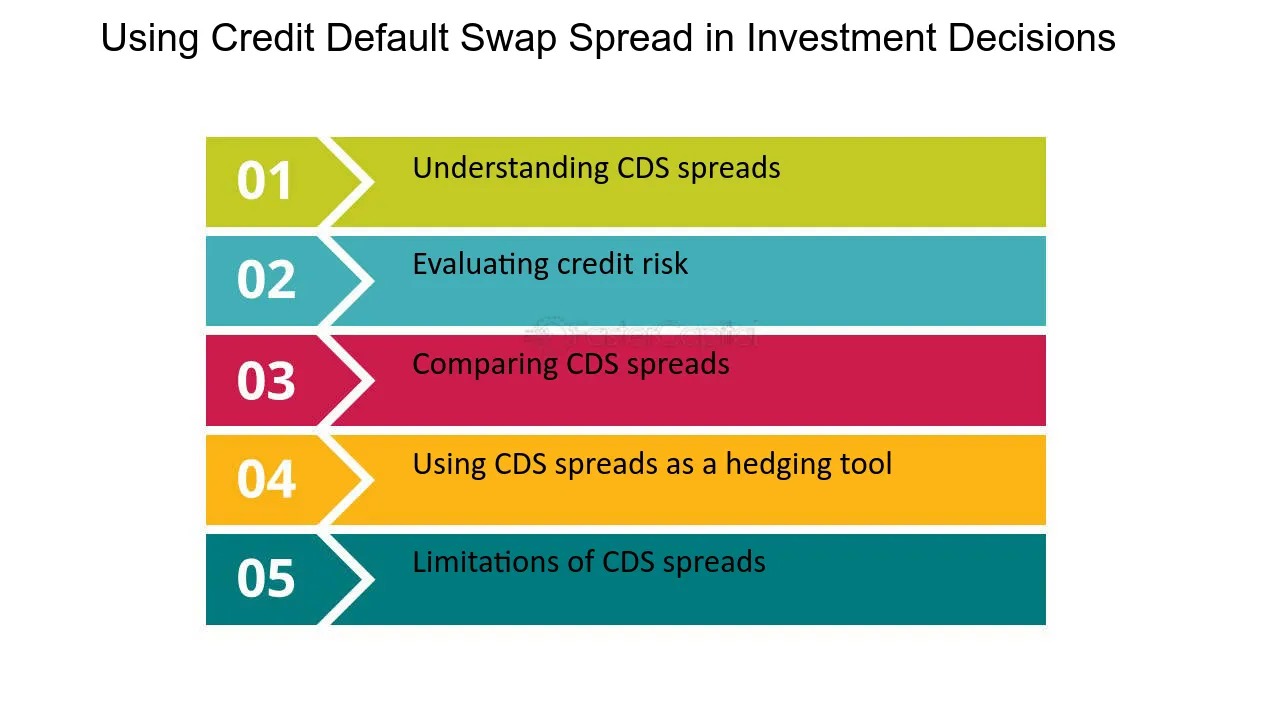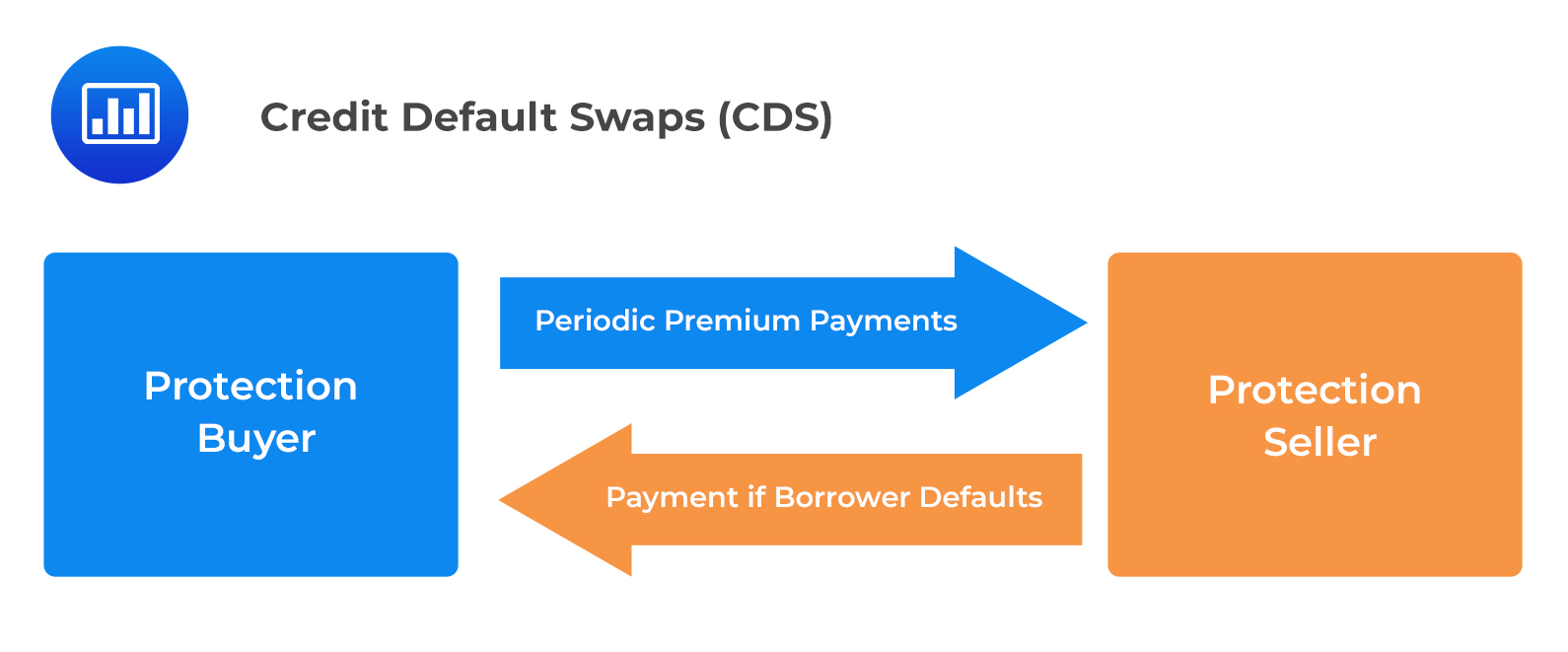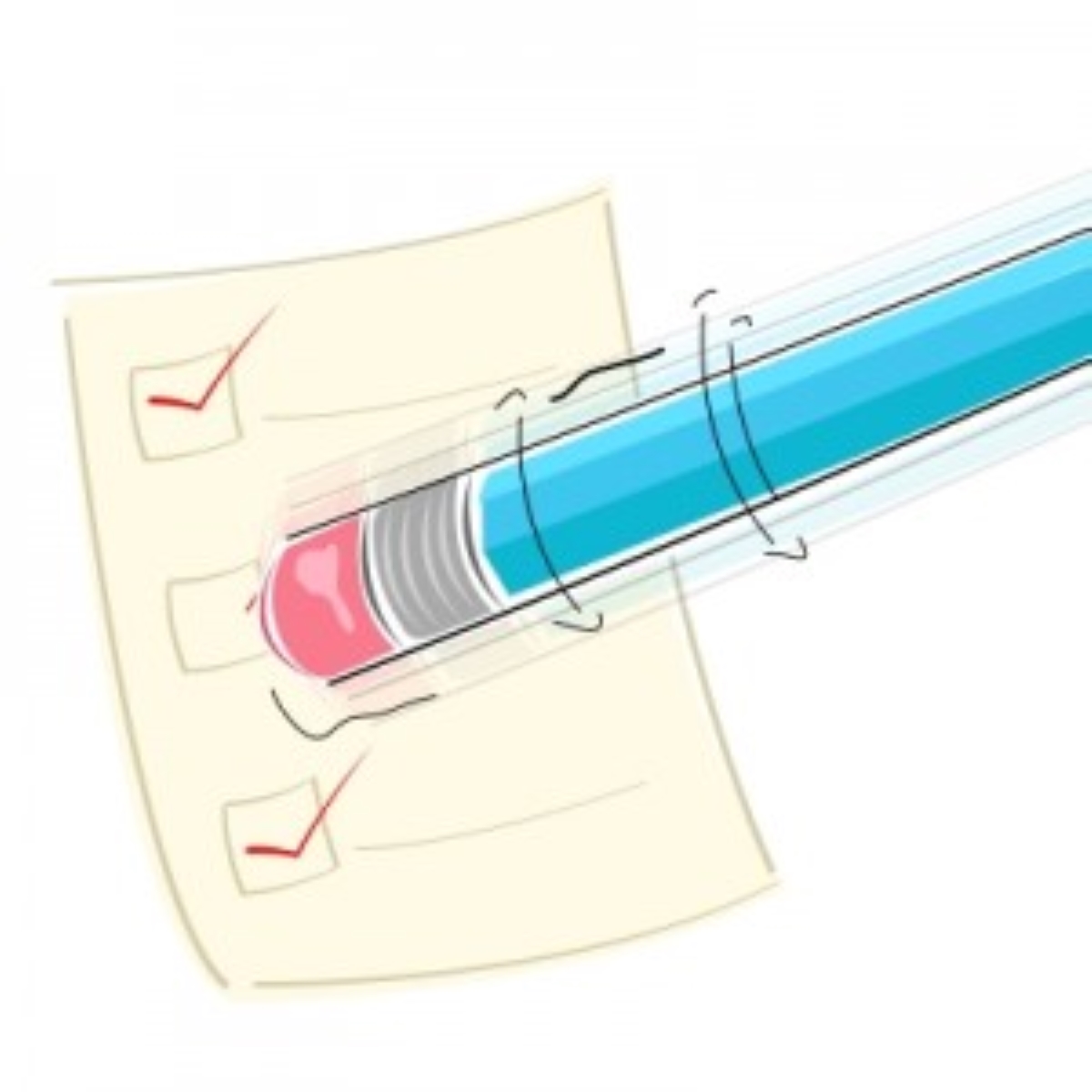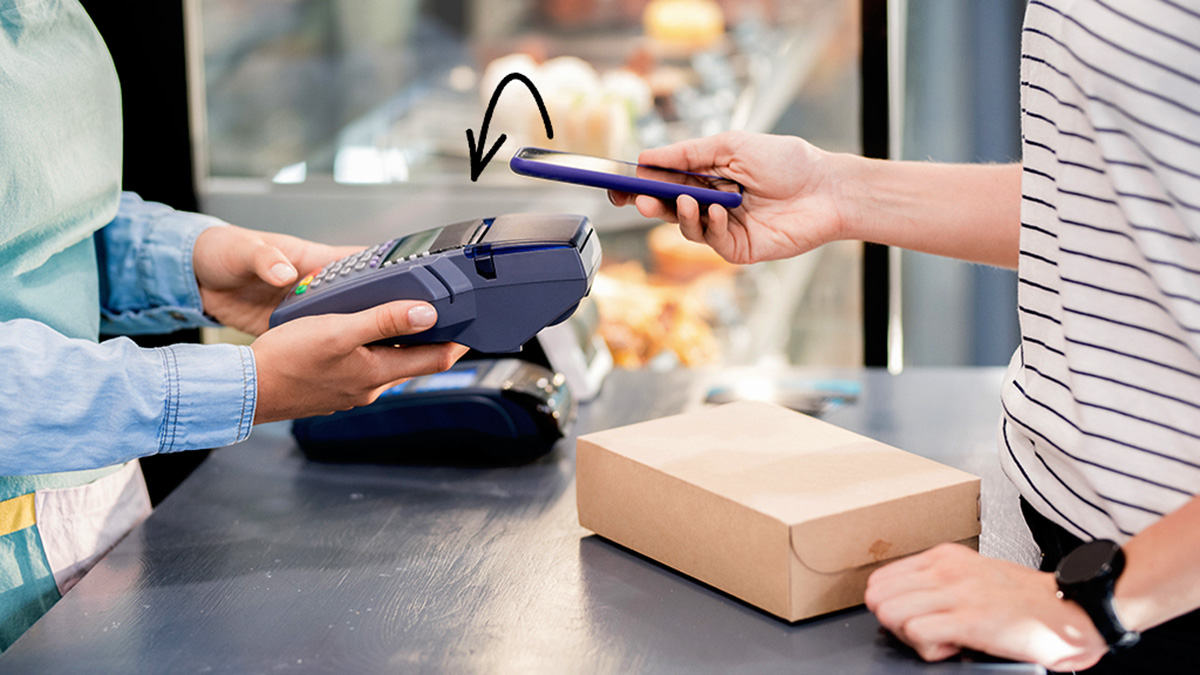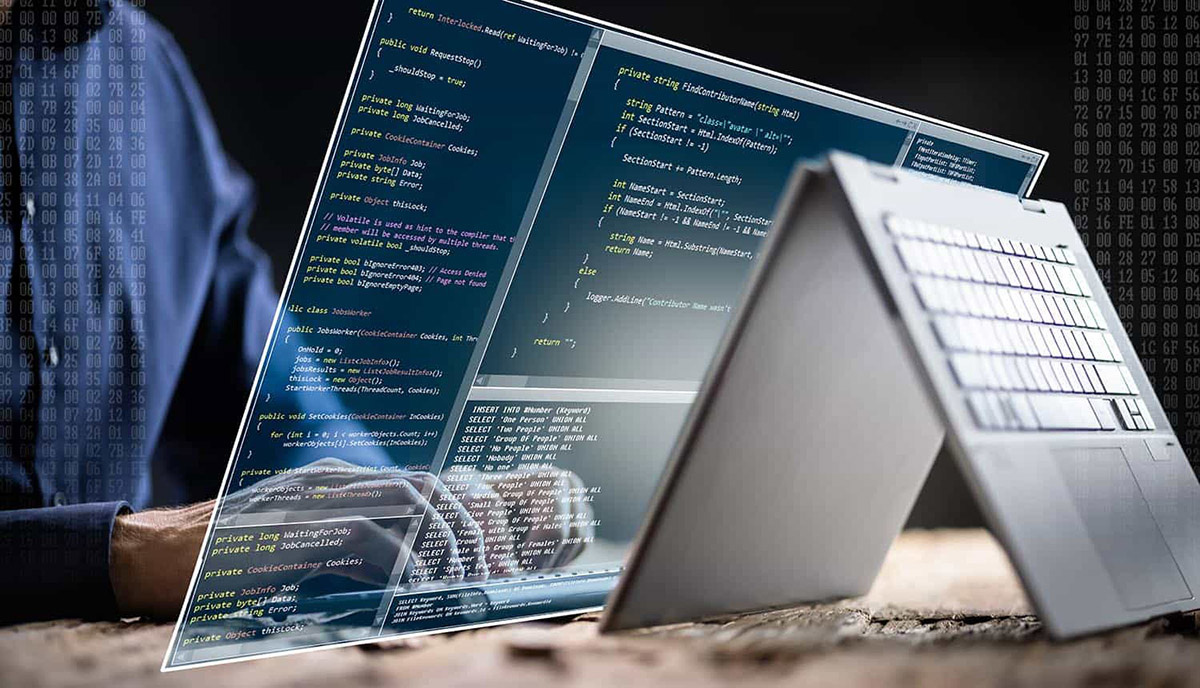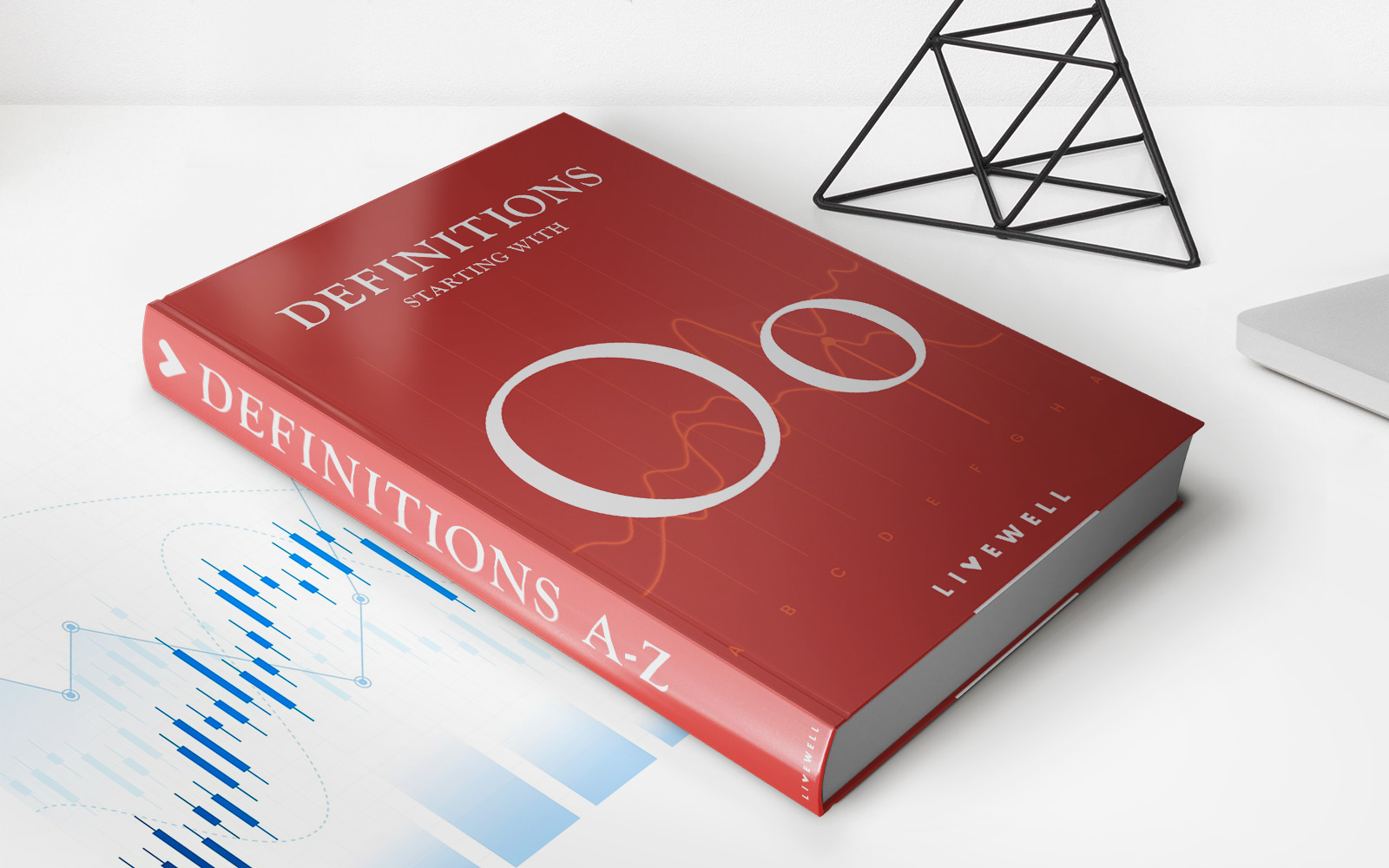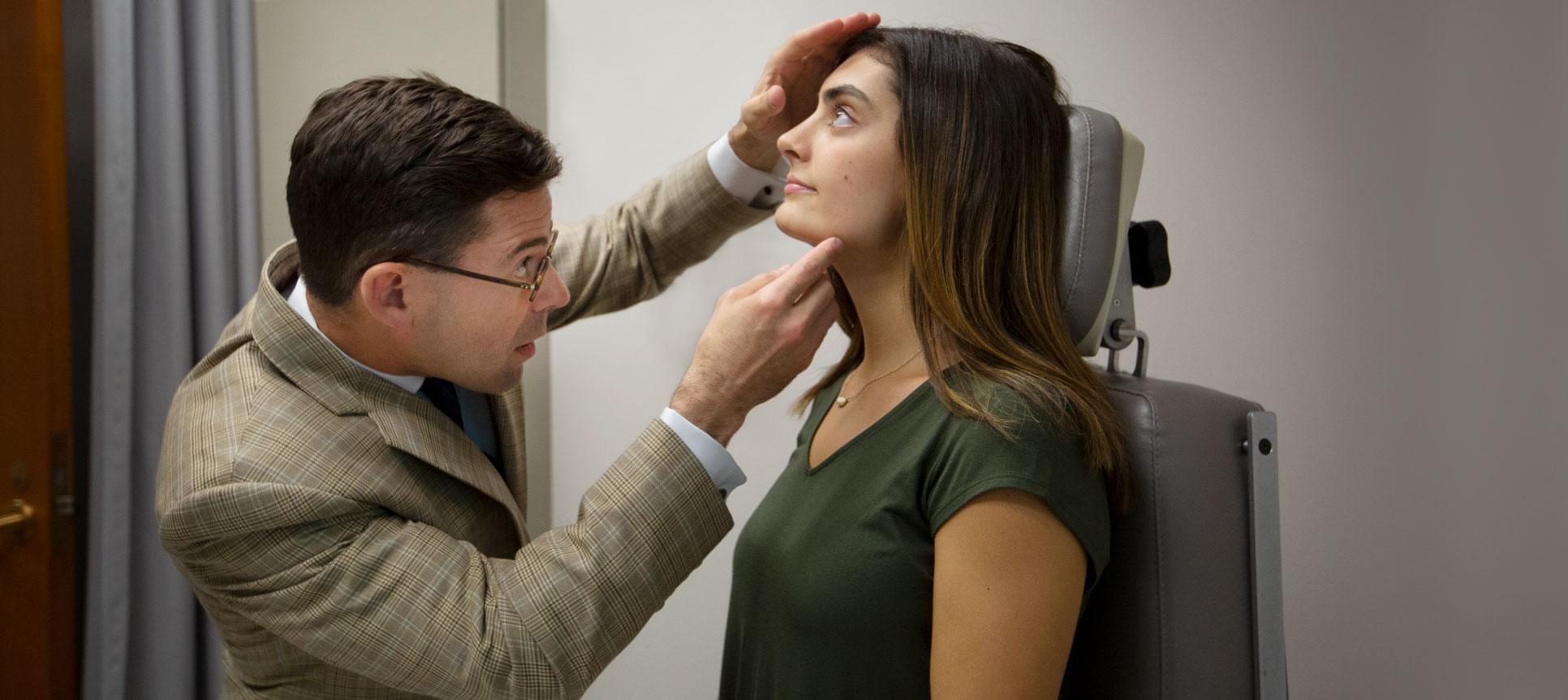

Finance
What Is Defaulting On A Credit Card
Modified: December 29, 2023
Learn what it means to default on a credit card and how it can impact your finances. Get valuable insights on credit card debt and managing your finances effectively.
(Many of the links in this article redirect to a specific reviewed product. Your purchase of these products through affiliate links helps to generate commission for LiveWell, at no extra cost. Learn more)
Table of Contents
Introduction
Using a credit card is a common and convenient way to make purchases and manage finances. However, if you find yourself struggling to make payments on time, you may be at risk of defaulting on your credit card. Defaulting on a credit card occurs when you fail to pay the minimum required payment by the due date for an extended period of time.
Defaulting on a credit card can have serious consequences for your financial well-being and credit score. It can lead to collection calls, legal action, and damage to your creditworthiness. Understanding what defaulting means and its implications is crucial for anyone who uses a credit card.
In this article, we will explore what it means to default on a credit card, the consequences of defaulting, how it affects your credit score, steps to avoid defaulting, and what to do if you have already defaulted.
By gaining a thorough understanding of defaulting and its implications, you can make informed decisions about your credit card usage and take the necessary steps to protect your financial health.
What Does Defaulting on a Credit Card Mean?
Defaulting on a credit card occurs when you fail to make the minimum required payment by the due date for an extended period of time. The specific timeframe may vary depending on the credit card issuer, but generally, it is around 180 days or six months. When you default on a credit card, it indicates that you are unable to fulfill your financial obligations and repay the debt as agreed upon.
Defaulting can happen for various reasons, such as job loss, medical emergencies, or irresponsible financial management. Regardless of the reasons, it is important to understand the consequences and repercussions that come with defaulting on a credit card.
When you default on a credit card, the credit card issuer will take several actions. First, they will likely notify you of the default and remind you to make the payment. If you still do not make the required payment, the issuer may start charging late fees and higher interest rates, making it even more challenging to pay off the debt.
As the default progresses, the credit card issuer may choose to assign or sell your account to a collection agency. The collection agency will then aggressively pursue payment through phone calls, letters, or even legal action. This can result in additional fees and may further damage your creditworthiness.
In some cases, the credit card issuer or the collection agency may file a lawsuit against you to recover the outstanding debt. If the court rules in favor of the issuer or agency, they may be granted the right to garnish your wages or place a lien on your assets.
Defaulting on a credit card can also lead to long-term negative effects on your credit score. Your credit score is a numerical representation of your creditworthiness and is used by lenders to assess your risk as a borrower. When you default on a credit card, it signals to other lenders that you are a high-risk borrower, making it difficult to get approved for loans or credit in the future.
Understanding what defaulting on a credit card means is crucial to avoid the associated consequences. In the following sections, we will explore the specific repercussions of defaulting and how it can impact your credit score.
Consequences of Defaulting on a Credit Card
Defaulting on a credit card can have severe consequences that can impact your financial well-being and future credit opportunities. It is important to be aware of these consequences to make informed decisions regarding your credit card usage and debt management. Here are some of the key consequences of defaulting on a credit card:
1. Damage to Your Credit Score:
Defaulting on a credit card can significantly damage your credit score. Your credit score is a numerical representation of your creditworthiness and is used by lenders to assess your risk as a borrower. When you default, it indicates to other lenders that you are unable to manage your debt responsibly, making it harder for you to obtain credit in the future.
2. Collection Calls and Legal Action:
Once you default on your credit card, you can expect collection agencies to start contacting you in their efforts to recover the debt. These collection calls can be harassing and stressful, impacting your peace of mind. Moreover, the credit card issuer or collection agency may take legal action against you, resulting in additional fees, court hearings, or even wage garnishment.
3. Higher Interest Rates and Late Fees:
Defaulting on a credit card can lead to an increase in interest rates and the imposition of late fees. The credit card issuer may raise your interest rate, making it harder to pay off the debt. Additionally, late fees can accumulate, further adding to your financial burden.
4. Difficulty Obtaining Future Credit:
Defaulting on a credit card can make it challenging to obtain credit in the future. Lenders and financial institutions are less likely to approve your loan or credit applications due to your history of defaulting. This can negatively affect your ability to buy a home, finance a car, or even get approved for a new credit card.
5. Negative Impact on Employment and Housing:
In some cases, defaulting on a credit card can have an impact beyond the financial realm. Certain employers and landlords may review your credit history as part of their screening process. A history of defaulting can raise concerns and potentially affect their decision to hire you or rent you a property.
6. Long-Term Financial Consequences:
Defaulting on a credit card can have long-term financial consequences. It can take several years to recover from the damage caused to your credit score. During this time, you may face higher interest rates on loans, limited access to credit, and potential difficulties in securing favorable terms for financial products.
Understanding the consequences of defaulting on a credit card is essential to make responsible financial decisions and avoid these negative repercussions. In the next section, we will discuss how defaulting affects your credit score and what steps you can take to mitigate the damage.
How Does Defaulting Affect Your Credit Score?
Defaulting on a credit card can have a significant impact on your credit score. Your credit score is a numerical representation of your creditworthiness and is used by lenders to assess your risk as a borrower. When you default on a credit card, it sends a strong signal to other lenders that you may not be able to manage your debt responsibly.
The exact impact on your credit score will depend on various factors, including the severity of the default, the length of time since the default occurred, and other entries on your credit report. However, in general, defaulting on a credit card can lead to the following negative effects:
1. Significant Drop in Credit Score:
Defaulting on a credit card can cause your credit score to plummet. The exact decrease will vary depending on your overall credit history, but it can be substantial. A lower credit score will make it more challenging to obtain credit in the future and may result in higher interest rates if you are approved.
2. Lengthy Impact on Your Credit Report:
A default will appear on your credit report for up to seven years. This negative entry can make it difficult to secure new credit or loans during that time. Even after the default is removed from your report, its impact may still be felt as lenders may remain cautious about your creditworthiness.
3. Limited Access to Credit:
If you default on a credit card, other lenders may view you as a high-risk borrower. As a result, you may face difficulties in obtaining credit cards, loans, or mortgages. Even if you are approved for credit, you may be offered less favorable terms, such as higher interest rates or lower credit limits.
4. Negative Impact on Credit Applications:
When you apply for credit in the future, lenders will review your credit history and credit score. A history of defaulting on a credit card can raise red flags for lenders, causing them to be hesitant about extending credit to you. It may result in frequent rejections or offers with less favorable terms.
5. Reduced Financial Opportunities:
Defaulting on a credit card can limit your financial opportunities. For example, it may impact your ability to rent an apartment, lease a car, or qualify for certain insurance policies. Many industries use credit scores as a way to assess the reliability and trustworthiness of individuals.
6. Rebuilding Your Credit Takes Time:
Rebuilding your credit after defaulting on a credit card is not an overnight process. It takes time, consistent effort, and responsible financial behavior to improve your credit score. You will need to demonstrate a history of timely payments, responsible credit utilization, and good debt management to rebuild your creditworthiness.
Understanding how defaulting affects your credit score is crucial for taking appropriate steps to mitigate the damage and rebuild your financial reputation. In the next section, we will discuss some proactive measures you can take to avoid defaulting on a credit card.
Steps to Avoid Defaulting on a Credit Card
Avoiding defaulting on a credit card is essential for maintaining a healthy financial life and preserving your creditworthiness. Here are some important steps you can take to help prevent defaulting on your credit card:
1. Create a Budget:
Developing and sticking to a budget is a fundamental step in managing your finances effectively. By tracking your income and expenses, you can ensure that you allocate enough funds to cover your credit card payments each month. Be realistic about your spending habits and prioritize necessary expenses to avoid overspending.
2. Pay on Time:
Make it a priority to pay your credit card bill on time every month. Late payments not only incur additional fees and interest charges but also negatively impact your credit score. Set up automatic payments or reminders to help you stay organized and ensure that you never miss a payment due date.
3. Pay More Than the Minimum:
While paying the minimum payment required by your credit card statement is important, it is advisable to pay more whenever possible. By paying more than the minimum, you can reduce your overall debt faster and minimize the accumulation of interest charges.
4. Keep Credit Utilization Low:
Credit utilization is the percentage of available credit you are using. Aim to keep your credit utilization below 30% of your total credit limit. By keeping your balances low in relation to your credit limits, you demonstrate responsible credit management and reduce the risk of defaulting.
5. Communicate with Your Credit Card Issuer:
If you are facing financial difficulties or anticipate a challenge in making your credit card payment, reach out to your credit card issuer. Many issuers have hardship programs that can temporarily lower your interest rate, waive late fees, or provide alternative payment arrangements. It is essential to proactively communicate and seek assistance to avoid defaulting on your credit card.
6. Track Your Credit Card Activity:
Regularly monitor your credit card activity to ensure there are no unauthorized or fraudulent charges. By spotting any irregularities early on, you can dispute them promptly and protect yourself from financial harm. Tracking your card activity can also help you stay aware of your spending habits and identify areas where you can cut back.
7. Prioritize Debt Repayment:
If you have multiple credit cards or outstanding debts, prioritize your repayments strategically. Consider focusing on paying off high-interest debts first while making minimum payments on other cards. This approach can help you save on interest charges and make progress towards becoming debt-free.
By implementing these steps, you can reduce the risk of defaulting on your credit card and maintain a healthy financial situation. However, if you have already defaulted, there are steps you can take to address the situation, as we will discuss in the next section.
What to Do If You Have Defaulted on a Credit Card
If you have already defaulted on a credit card, it’s important to take immediate action to address the situation and minimize the negative consequences. Here are some steps you can take if you find yourself in this situation:
1. Assess Your Financial Situation:
Begin by evaluating your overall financial situation. Take stock of your income, expenses, and other debts to get a clear understanding of your financial obligations. This will help you determine how much you can realistically allocate towards repaying the defaulted credit card.
2. Contact Your Credit Card Issuer:
Reach out to your credit card issuer to discuss your situation. Explain your financial difficulties and inquire about potential options to resolve the default. Some issuers may be willing to negotiate a payment plan or settlement arrangement to help you repay the debt in a manageable way.
3. Create a Repayment Plan:
Work with your credit card issuer or a credit counselor to create a repayment plan that fits your budget. This plan should outline how much you can afford to pay each month towards the outstanding debt. Stick to this plan religiously to start rebuilding your financial stability.
4. Consider Debt Consolidation:
If you’re struggling to manage multiple debts and make payments, consider debt consolidation. Consolidating your debts into a single loan or credit card with a lower interest rate can make it more manageable to repay your debts and avoid defaulting on other accounts.
5. Seek Professional Advice:
If you are overwhelmed and unsure of how to proceed, consider seeking advice from a certified credit counselor or a reputable financial professional. They can provide guidance on how to address your financial situation, negotiate with creditors, and develop a plan to get back on track financially.
6. Rebuild Your Credit:
While it may take time, focus on rebuilding your credit after defaulting on a credit card. Make all future payments on time, keep your credit utilization low, and practice responsible financial habits. Over time, these positive actions will help improve your credit score and demonstrate to lenders that you are capable of managing credit responsibly.
7. Monitor Your Credit Report:
Regularly review your credit report to ensure that the defaulted credit card is being reported accurately. If you notice any errors or inconsistencies, dispute them with the credit reporting agencies. It’s important to ensure that your credit report reflects the correct information and that the default is eventually removed after the appropriate time frame.
Remember, defaulting on a credit card is a challenging situation, but it is not impossible to recover from it. By taking proactive steps and seeking assistance when needed, you can work towards resolving the default and rebuilding your financial stability.
Conclusion
Defaulting on a credit card can have significant consequences for your financial well-being and creditworthiness. It is crucial to understand what defaulting means and the potential repercussions it can have on your life. By being proactive and taking steps to manage your credit card debt responsibly, you can avoid defaulting and maintain a healthy financial situation.
Creating a budget, making timely payments, paying more than the minimum, and keeping your credit utilization low are essential habits to prevent defaulting on a credit card. Open communication with your credit card issuer and seeking assistance when needed can also help you navigate challenging financial situations.
If you find yourself in a default situation, it is important to assess your financial situation, contact your credit card issuer, and create a repayment plan that fits your budget. Seeking professional advice and monitoring your credit report are additional steps you can take to address the default and rebuild your creditworthiness.
Remember, it takes time and effort to recover from defaulting on a credit card. However, by implementing responsible financial habits, you can slowly rebuild your credit and regain control of your financial future.
By understanding the consequences of defaulting and taking proactive measures to prevent it, you can ensure that your credit card is a useful tool for managing your finances, rather than a burden that leads to financial hardship. Stay vigilant, educate yourself about responsible credit card usage, and make informed decisions to protect your financial well-being.
